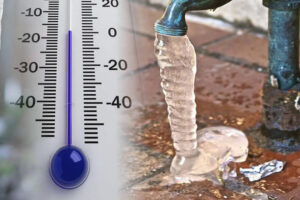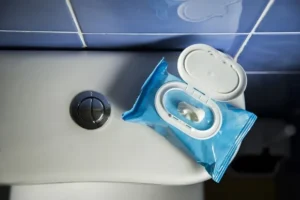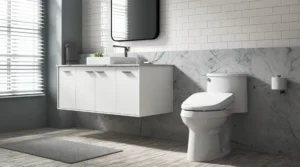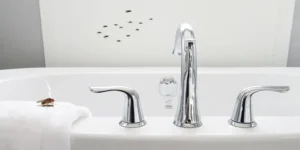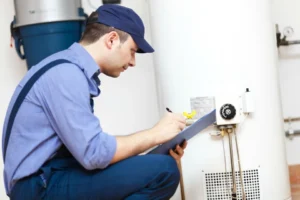When foul odors waft through your home on a recurring or constant basis, you may have good reason to suspect some aspect of your plumbing system as the culprit. Plumbing malfunctions or lack of proper maintenance can cause different kinds of smells to emanate from your pipes or drains.
As annoying as those smells may prove to you and your loved ones, they can also point the way toward particular plumbing issues that you need to correct. Take a look at three common kinds of smells associated with specific plumbing issues that may require the attention of a skilled plumber.
1. Sulfur Smells
If your home smells like rotten eggs, you may have sulfur-based gases infiltrating your water supply. Hydrogen sulfide, a common kind of sewer gas, often accounts for this distinctive odor. Trace amounts of this gas cause no odor, but larger concentrations can produce an overpowering rotten-egg smell while also corroding your pipes.
Sewer gas can prove both toxic and flammable, so have your plumber check this odor out as soon as you detect it for safety’s sake. The wax ring at the base of your toilet may have developed a weakness that causes it to allow sewer gas into your home. Your plumber can replace the wax ring, resolving the problem.
A sulfurous rotten-egg odor can also come from the various P-traps in your plumbing system. A P-trap’s characteristic bent shape normally holds a certain amount of water at all times, providing a natural barrier to bacterial or sewer gases. If you have a dry P-trap, you either need to use that drain more often or check for leaks.
The location of the sulfur smell can also help you pinpoint the underlying plumbing problem. For instance, if you only smell it when you use hot water, you may have a problem with your water heater’s corrosion control rod. If you smell it outside the house, you may need to inspect your underground sewer line.
2. Garbage Smells
As unpleasant as rotten eggs may smell to you, the odor of rotting garbage may top it. This smell usually comes from bacteria feeding on organic matter somewhere in your home. P-traps, shower drains, and other plumbing pipes that collect organic matter makes an ideal breeding ground for such bacteria.
Kitchen sinks and garbage disposals can smell like garbage if they have old food debris in them. Don’t assume that everything you put down a garbage disposal actually gets disposed of. Certain tougher foods may present too great a challenge for the blades to handle, leading to smelly clogs.
Pipes and drains need not contain food debris to host bacteria. In showers and bathroom sinks, for example, the combination of soap scum, skin oils, and other residue can create a substance known as biofilm that lines pipes. If your garbage smell accompanies standing water or slow drainage, schedule professional drain cleaning services.
3. Mold Smells
A musty smell in your home often stems from mold growth. Mold spores thrive in damp environments such as air conditioning ducts, evaporator pans, and the water in and around plumbing systems. Mold growth not only stinks, but it can also cause respiratory problems and costly damage to your home.
Mold feeds on and decomposes organic matter such as wood and drywall. Even a tiny leak in a plumbing pipe or seal can moisten these surfaces, facilitating mold growth. The resulting moldy smell may alert you to a plumbing problem that needs immediate attention before the mold can do more damage.
While not all mold smells originate from plumbing issues, you can often narrow them down to this source by noting certain accompanying symptoms. Examples include dripping or trickling noises that might indicate a leak behind a wall, discolored or damp stains, and mysterious changes in your water pressure or utility bill.
If you have a plumbing smell that needs thorough professional diagnosis, turn to A-1 Affordable Plumbing Inc. Our expert technicians can investigate the problem and perform any necessary repairs to get your plumbing system smelling and functioning better. Contact us today.




